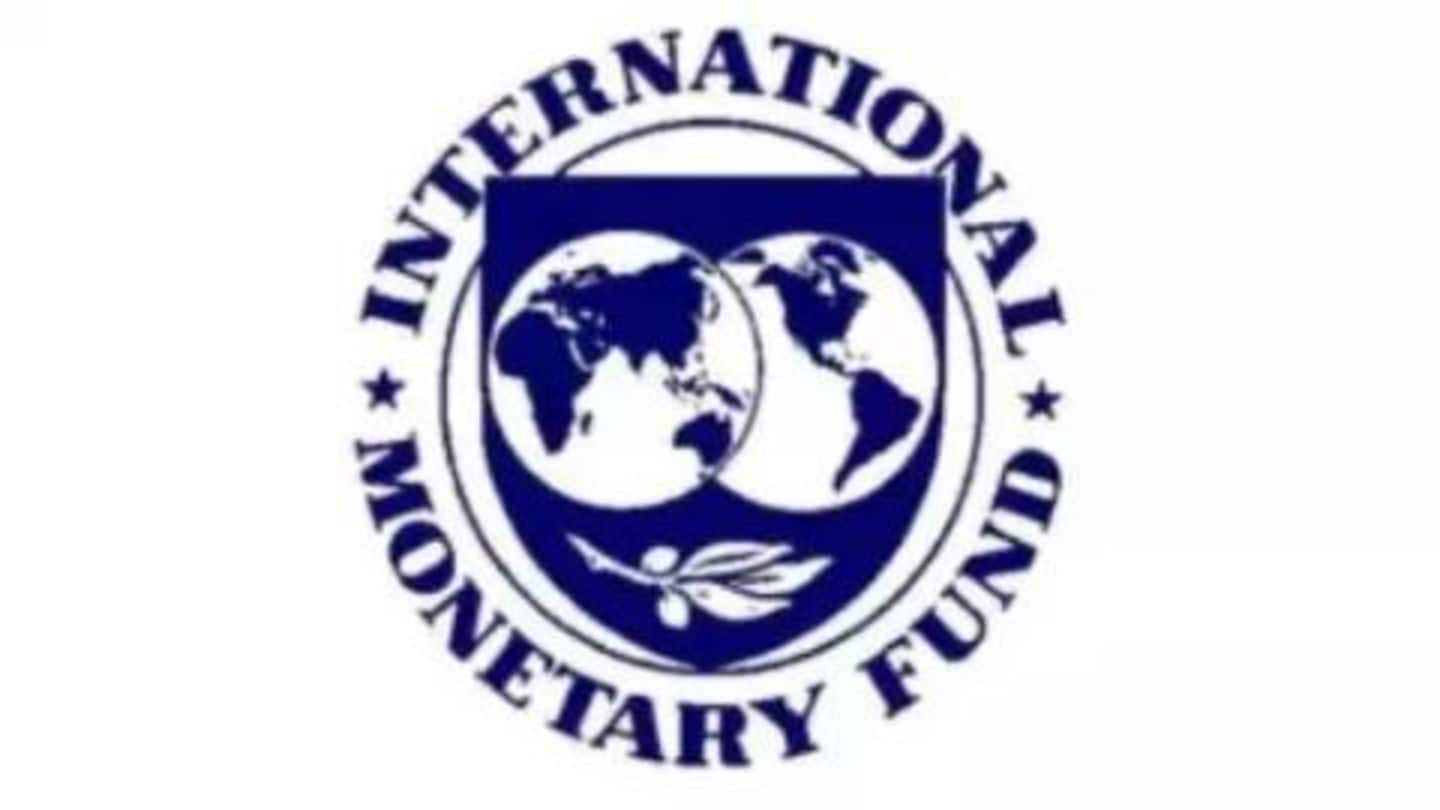
India, China face social risk due to inequality: IMF
What's the story
The International Monetary Fund (IMF) has cautioned both India and China that they face social risk due to rising inequality.
In its regional economic outlook for Asia and Pacific, IMF has said that Asian economies including India and China have not been able to ensure "growth with equity".
This has led to a rise in inequality over the last two and half decades.
IMF
What is the IMF?
The International Monetary Fund (IMF) is a global financial institution formed in 1945 under the Bretton Woods Agreement.
The 188 member body aims to "foster global monetary cooperation, secure financial stability, facilitate international trade, promote high employment and sustainable economic growth, and reduce poverty around the world."
The IMF helped India overcome the 1991 Balance of Payment crisis by advancing loans and suggesting reforms.
Inequality
What is inequality?
Inequality refers to the disparity in the distribution of income in society.
It is measured by the Gini Index which was developed by Italian statistician, Corrado Gini in the 20th century.
The Gini index measures income distribution on a scale of 0 to 1.
While 0 represents perfect equality i.e. everyone has equal income, 1 represents perfect inequality- all income goes to one person.
Personal
Gini index expressed as percentage
Gini index is expressed as a percentage. So an index of 0.2 will be shown as 20% or simply 20.
Asia
Against global trend, inequality in Asia rises
According to the report, India's Gini index rose from 45 in 1991 to 51 in 2013 due to rising inequality in urban and rural areas and within urban areas.
Similarly, China's Gini Index rose sharply from 33 in 1990 to 53 in 2013.
In general, Asia's Gini Index rose from 36 to 40 during 1990-2013 despite the fact that global inequality is coming down.
Personal
High economic growth but unequal distribution
The data of rising inequality implies that there are issues with redistribution of income because, despite high economic growth rates, inequality is not coming down.
Suggestions
IMF outlook suggests increasing social spending
According to the IMF outlook, inequality is lowering the effectiveness of growth to combat poverty, and is hindering the rise of a substantial middle class.
Hence, the report calls for increasing social sector spending for broadening access to health and education and enhancing financial inclusion.
It asks India reduce dependence on indirect taxes and move towards progressive taxation that tax the rich more.
Personal
Indirect taxes are regressive
Indirect taxes such as VAT, service tax, etc. are regressive as they are levied uniformly across individuals irrespective of their income levels. Thus, they burden the poor the most.